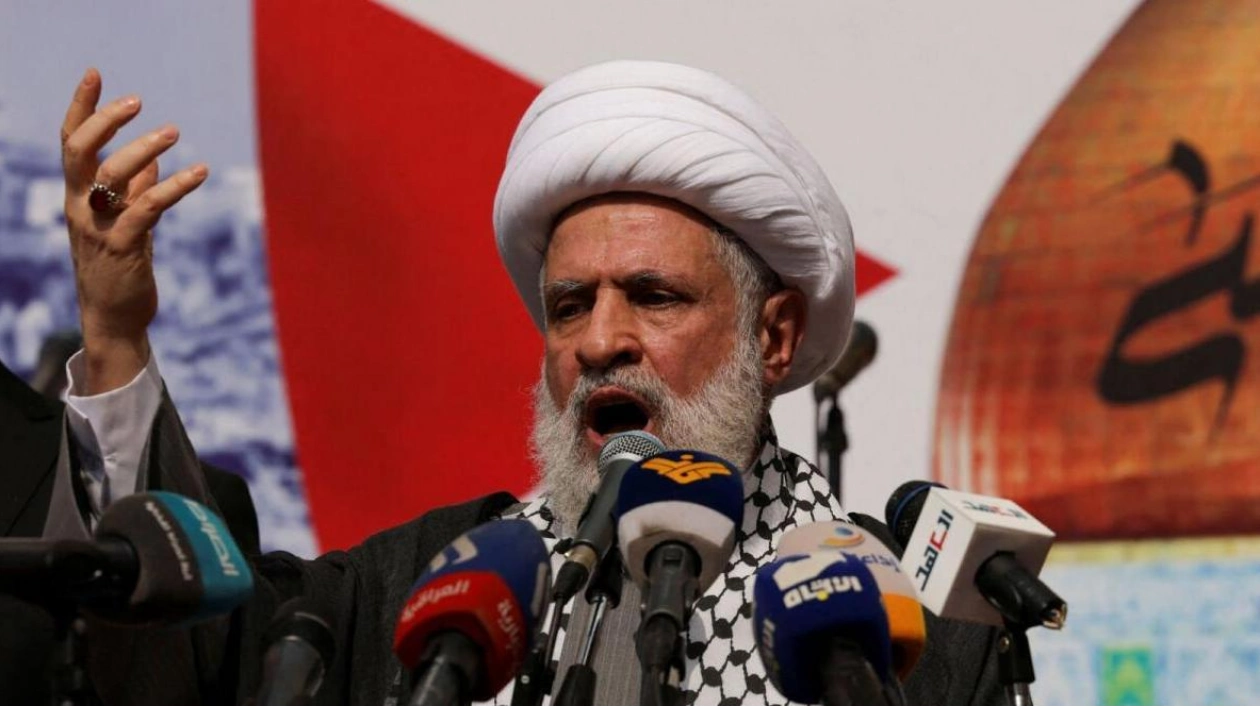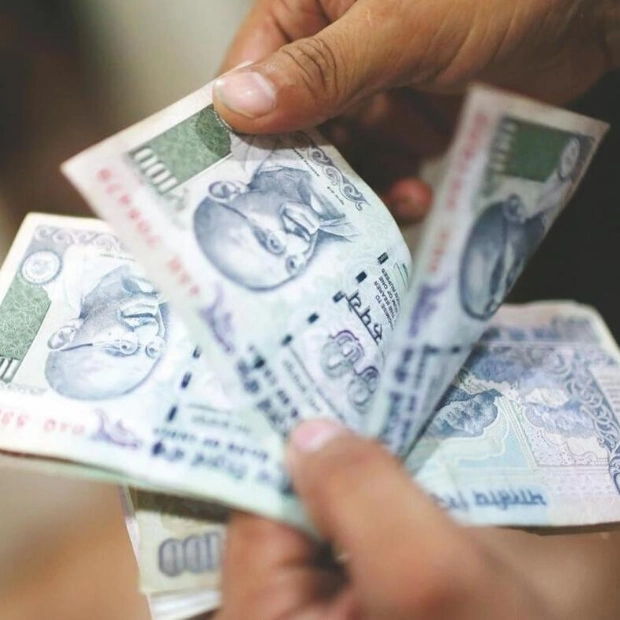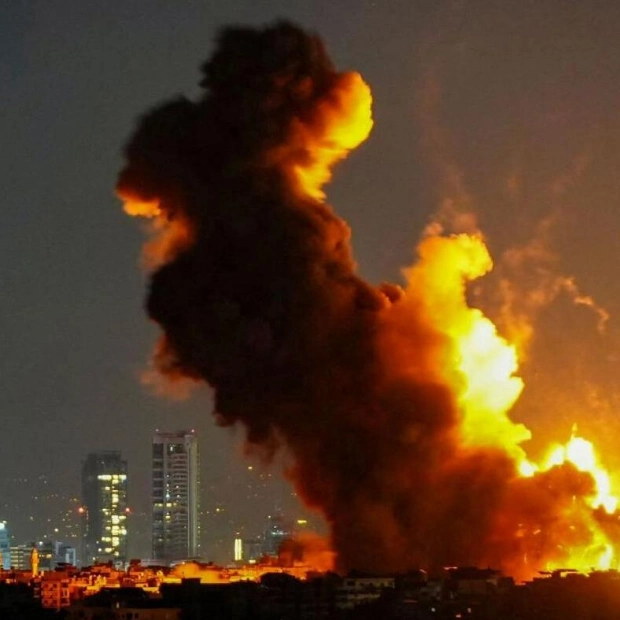Hezbollah fighters stand prepared to counter any Israeli ground incursion into Lebanon, according to the group's deputy leader, Naim Qassem, who made his first public statement since Israel's assassination of its chief, Hassan Nasrallah, last week. Qassem asserted that Israel would not attain its objectives. "We are prepared for any eventuality and are ready to engage if the Israelis decide to invade by land," he stated from an undisclosed location. His remarks came amid ongoing Israeli airstrikes in Beirut and other parts of Lebanon, extending a two-week offensive that has claimed several Hezbollah commanders and approximately 1,000 Lebanese lives, forcing one million to flee their homes, according to the Lebanese government.
These losses mark Hezbollah's heaviest since its inception by Iran's Revolutionary Guards in 1982 to oppose an Israeli invasion of Lebanon. Nasrallah had transformed the group into Lebanon's most formidable military and political force, wielding significant influence in the Middle East. Now, Hezbollah faces the daunting task of replacing a revered leader who was idolized by supporters for his defiance against Israel, despite being labeled a terrorist mastermind by the West. "We will appoint a new secretary-general for the party as soon as possible...and will permanently fill leadership roles," Qassem announced.
Qassem also revealed that Hezbollah's fighters had continued to launch rockets up to 150 km into Israeli territory and were prepared for any potential Israeli ground assault. "We are doing the bare minimum...We understand the battle may be protracted," he said. "We will prevail as we did in the liberation of 2006 against the Israeli enemy," he added, referencing the last major conflict between the two adversaries. The prospect of Israel deploying ground troops and tanks across the border is a pressing concern, with no indication that Israel will curb its military actions.
Israel has vowed to ensure the safe return of its citizens to evacuated communities on its northern border, leaving open the possibility of a ground invasion, with its troops already in training for such an eventuality. Meanwhile, Lebanon's caretaker Prime Minister, Najib Mikati, stated that his government is prepared to fully enforce a UN resolution aimed at ending Hezbollah's armed presence south of the Litani River, part of an agreement to halt the war with Israel. Mikati noted that the Lebanese army could deploy south of the river, which is approximately 30 km from the country's southern border.
Hours before Qassem's address, Hamas, a Palestinian militant group, reported that an Israeli airstrike had killed its leader in Lebanon in the southern city of Tyre. Another Palestinian organization claimed three of its leaders were killed in a strike in central Beirut—the first such attack within the capital's limits. These Israeli assaults on militant targets in Lebanon are part of a broader conflict extending from the Palestinian territories of Gaza and the occupied West Bank to Yemen and within Israel itself.
Hamas confirmed that its leader in Lebanon, Fateh Sherif Abu el-Amin, along with his wife, son, and daughter, were killed in an early morning strike on their house in a refugee camp in Tyre. The Popular Front for the Liberation of Palestine (PFLP) reported that three of its leaders were killed in a strike on Beirut's Kola district. This attack on the PFLP marked the first time Israel had targeted Beirut beyond its southern suburbs, striking the upper floor of an apartment building, according to Reuters witnesses. There was no immediate comment from the Israeli military.
These recent actions suggest that Israel has no intention of easing its offensive on multiple fronts, even after eliminating Nasrallah, Iran's most powerful ally in its "Axis of Resistance" against Israeli and US influence in the region. Iranian Foreign Ministry spokesperson Nasser Kanaani declared that Tehran would not tolerate any of Israel's "criminal acts," referring to the killing of Nasrallah and an Iranian Guard deputy commander, Brigadier General Abbas Nilforoushan, who died in the same strikes on Friday. Lebanon's Health Ministry reports that over 1,000 Lebanese have been killed and 6,000 wounded in the past two weeks, with one million people—a fifth of the population—forced to flee their homes, according to the government.
The escalation has heightened tensions in Beirut, with Lebanese citizens anxious about the possibility of Israel expanding its military campaign. "There is nothing more to say or add, except God save Lebanon," said Beirut resident Nawel. "What will happen to me is the same as what can happen to anyone."






